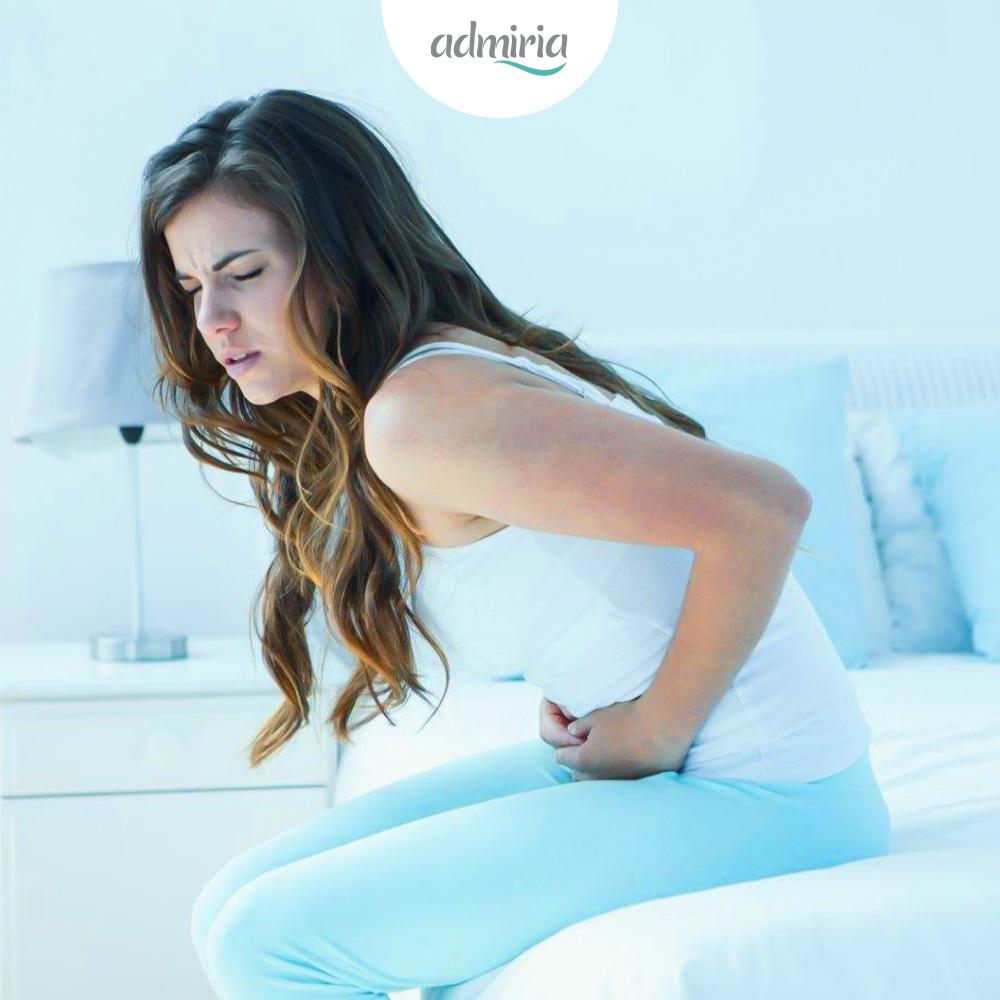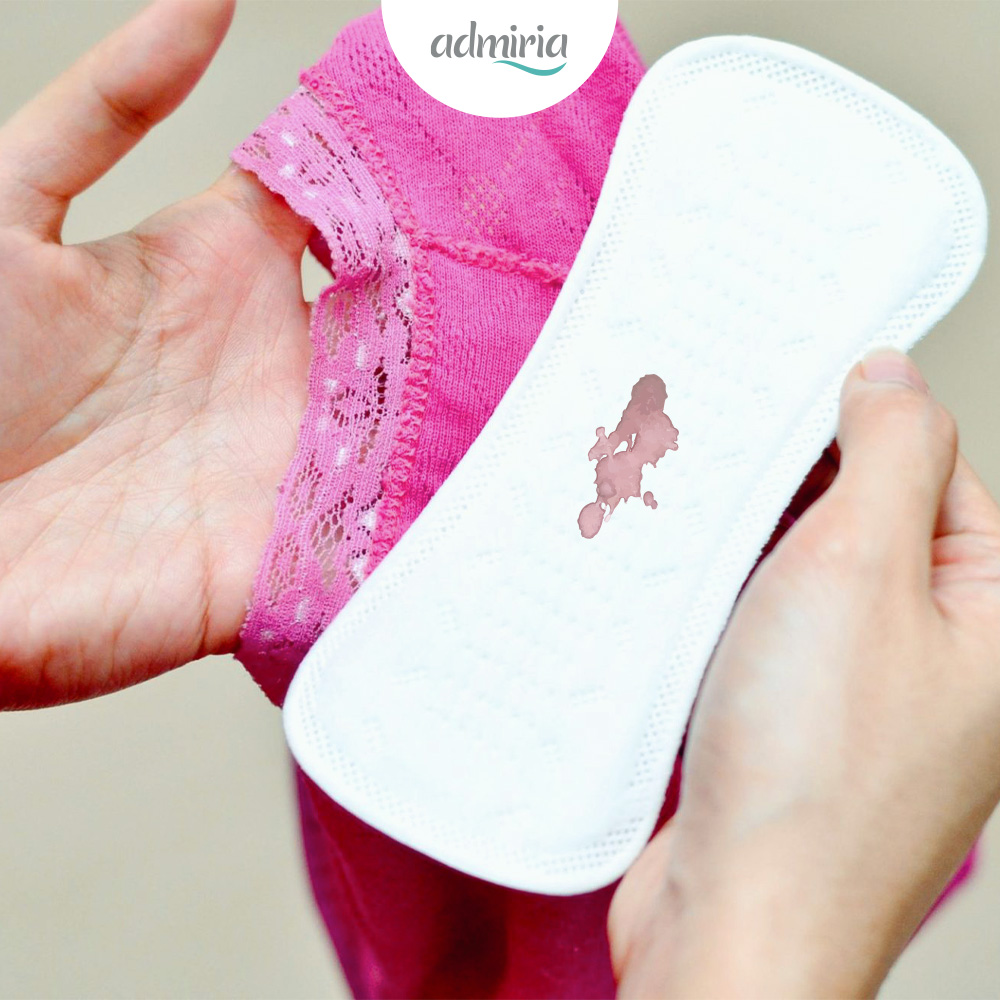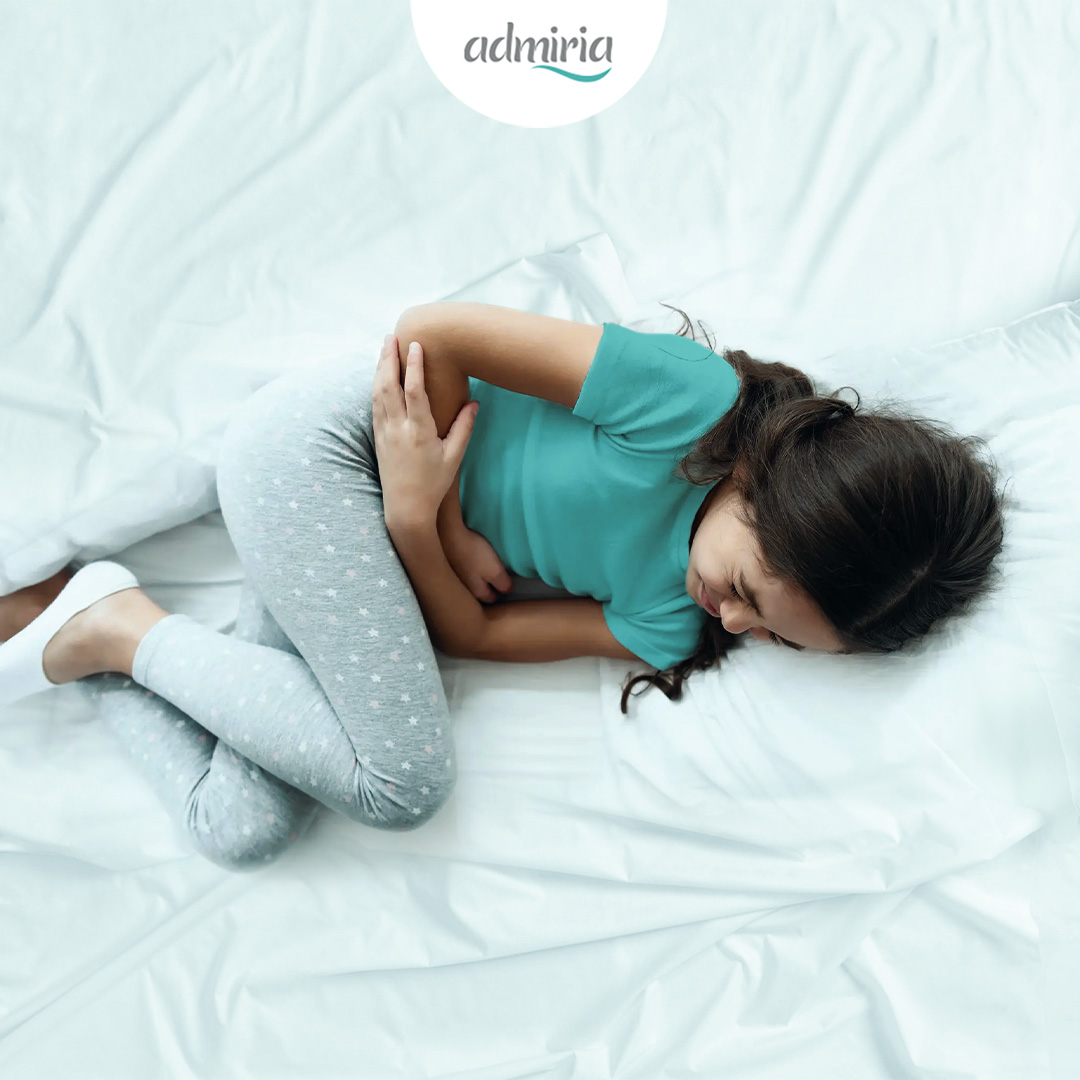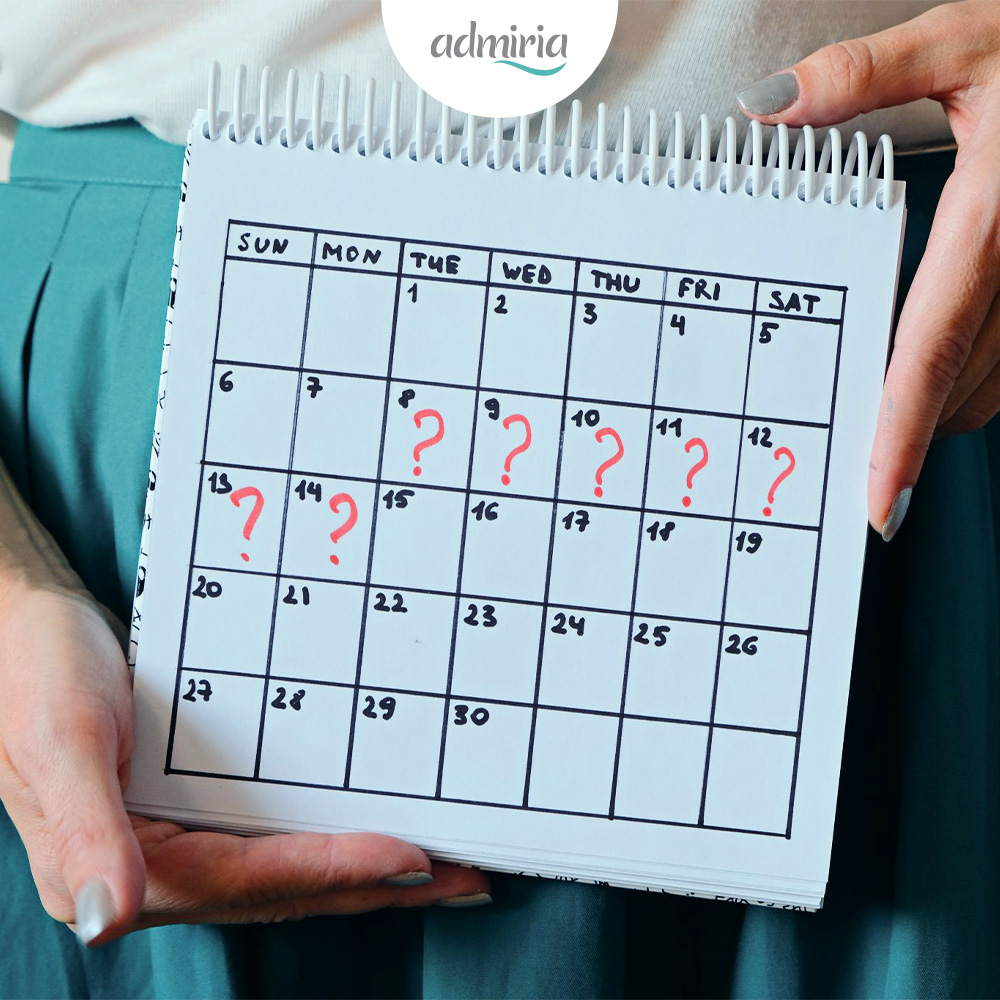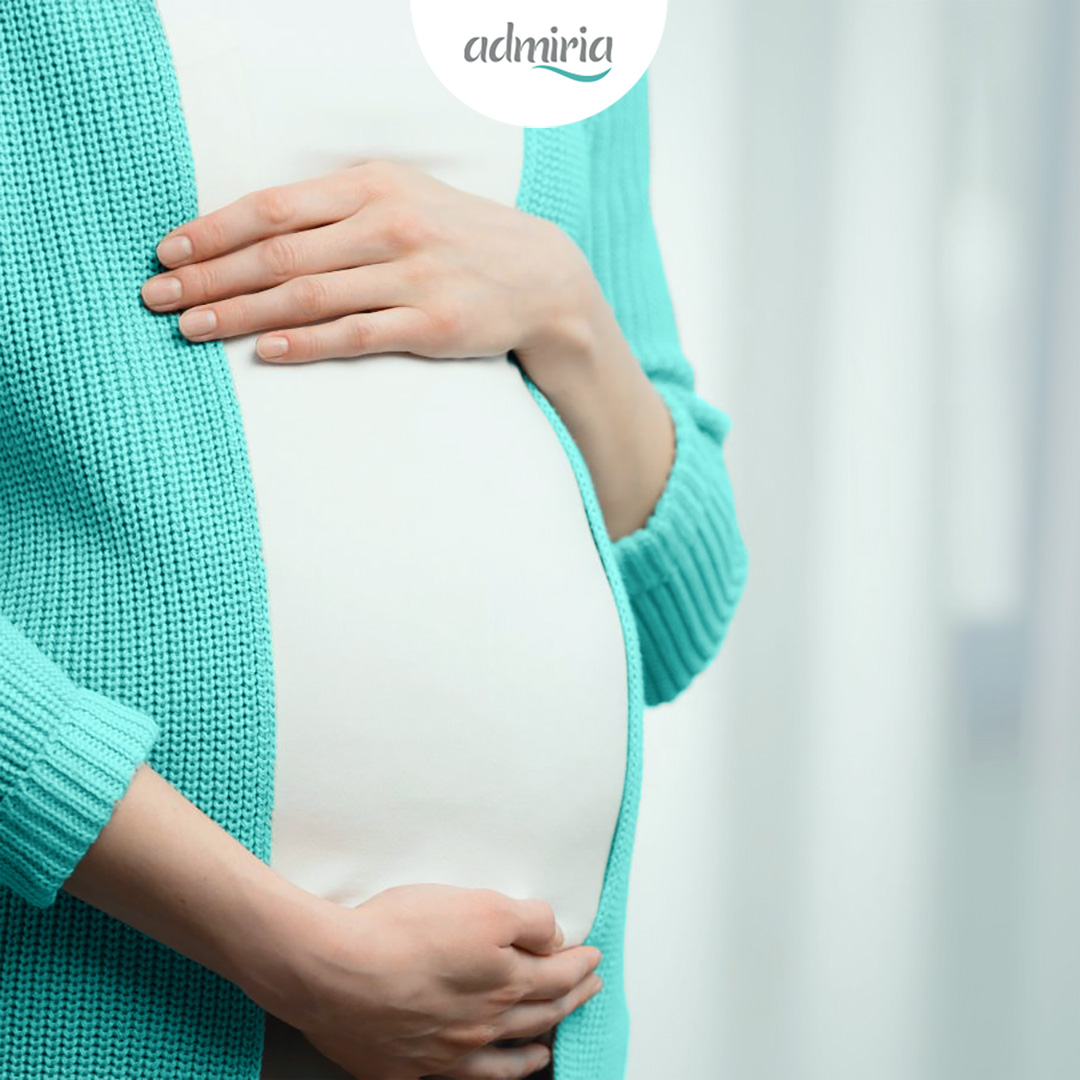
Do pregnant women have periods?
Do pregnant women have periods? If we want to answer this question very briefly, No. despite all claims, women do not have periods during pregnancy. But, they may have spotting in early pregnancy, which is usually light pink or dark brown in color. In general, if the bleeding is so much that it is necessary to use sanitary napkins or tampons, it is a sign of not being pregnant. If your pregnancy test is positive and you have heavy bleeding, be sure to see a specialist doctor.
So, if you had bleeding during pregnancy, period cannot be the reason. Because when a woman becomes pregnant, there is no need to ovulate and she no longer has a period.
Some women do not have periods even while breastfeeding, but they start ovulating again very soon after giving birth. Therefore, if a woman does not want to get pregnant while breastfeeding, the doctor will recommend her some methods of contraception during breastfeeding.
As you know, the menstrual cycle happens to help pregnancy. The first day of this cycle is the first day of the period and it ends on the first day of the next period. Ovulation also occurs in the middle of the cycle. An egg survives for about 12 to 24 hours after ovulation, and during this time, if sperm cells are present and fertilize the egg, the person becomes pregnant. Otherwise, menstruation occurs and the body sheds the internal layers (lining) of the uterus so it can start making a new lining for the next period.
Causes of bleeding during pregnancy
Although periods do not occur during pregnancy, you may have some bleeding. This bleeding isn’t necessarily a sign of a serious problem, but it is important to know when to see a doctor.
Period in the first trimester of pregnancy
Bleeding happens more often in the first three months. Mild spotting may be seen as the placenta develops in the uterus. Also, due to the changes that may occur in the cells of the cervix as a result of pregnancy, a light bleeding may occur, especially after having sex.
Other causes of bleeding in the first trimester can include the following:
• Ectopic pregnancy
• Infection
• Miscarriage
• Sub-chorionic bleeding (bleeding between the uterine wall and the placenta)
• Gestational trophoblastic disease (GTD) – A very rare disease that mimics pregnancy by causing tumors that originate from cells that form the placenta.
Second and third trimesters of pregnancy
Bleeding after the first trimester, regardless of the bleeding be heavy or light and with or without other symptoms, requires medical attention and you should see a specialized doctor.
Do we have periods after the 20th week of pregnancy?
The causes of bleeding in late pregnancy are:
• Cervical examination: If the doctor examines the cervix, this examination may lead to slight bleeding.
• Placenta Previa: This is a condition that occurs when a woman’s placenta implants near or on the cervix.
• Preterm labor or labor: During labor, the cervix opens and the uterus contracts to help the fetus move out. This can lead to bleeding.
• Sex: Due to the increased sensitivity of vaginal and cervical tissues during pregnancy, spotting and bleeding may be observed during sex. (Make sure that the doctor has not prohibited you from having sex during pregnancy.)
• Uterine Rupture: It is when the uterus ruptures during childbirth, which is pf course a rare event; but, it is more likely if a woman has previously had a cesarean delivery or surgery on the uterus.
• Placental abruption: A condition in which the placenta begins to separate from the uterus before birth.
If a woman bleeds at any stage of pregnancy, she should note the color, amount and other characteristics of the bleeding and consult her doctor.
When should I see a doctor?
If you have bleeding with the following symptoms, be sure to see a doctor:
• Pain and cramping
• Dizziness or fainting
• Heavy bleeding or clot discharge
• Severe pain in the stomach and pelvis
Also, if the bleeding is bright red and to the extent that you have to use a sanitary napkin, you should see a doctor.
Vaginal bleeding and pelvic pain in early pregnancy can be a sign of ectopic pregnancy and you should see a doctor as soon as possible.
Symptoms such as constant pain in the back, abdominal cramps and regular contractions can be signs of premature labor (i.e. delivery before 37 weeks of gestation) and should be seen by a doctor.
How do I know I’m not pregnant?
These symptoms are often a sign of pregnancy, but only an official pregnancy test or a doctor’s visit can you sure.
• You have missed your period.
• Your breasts will start to feel tender and swollen.
• You are constantly nauseous.
• You become inexplicably tired.
• You visit the bathroom significantly more often.
 Admiria
Admiria 